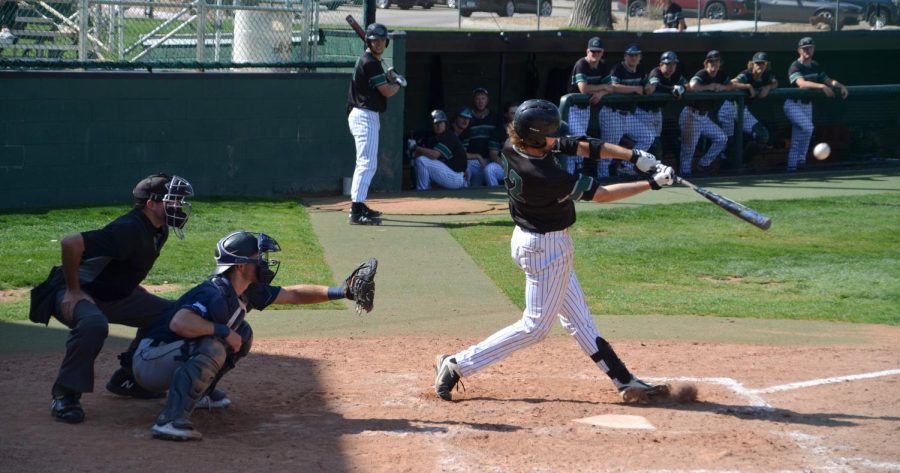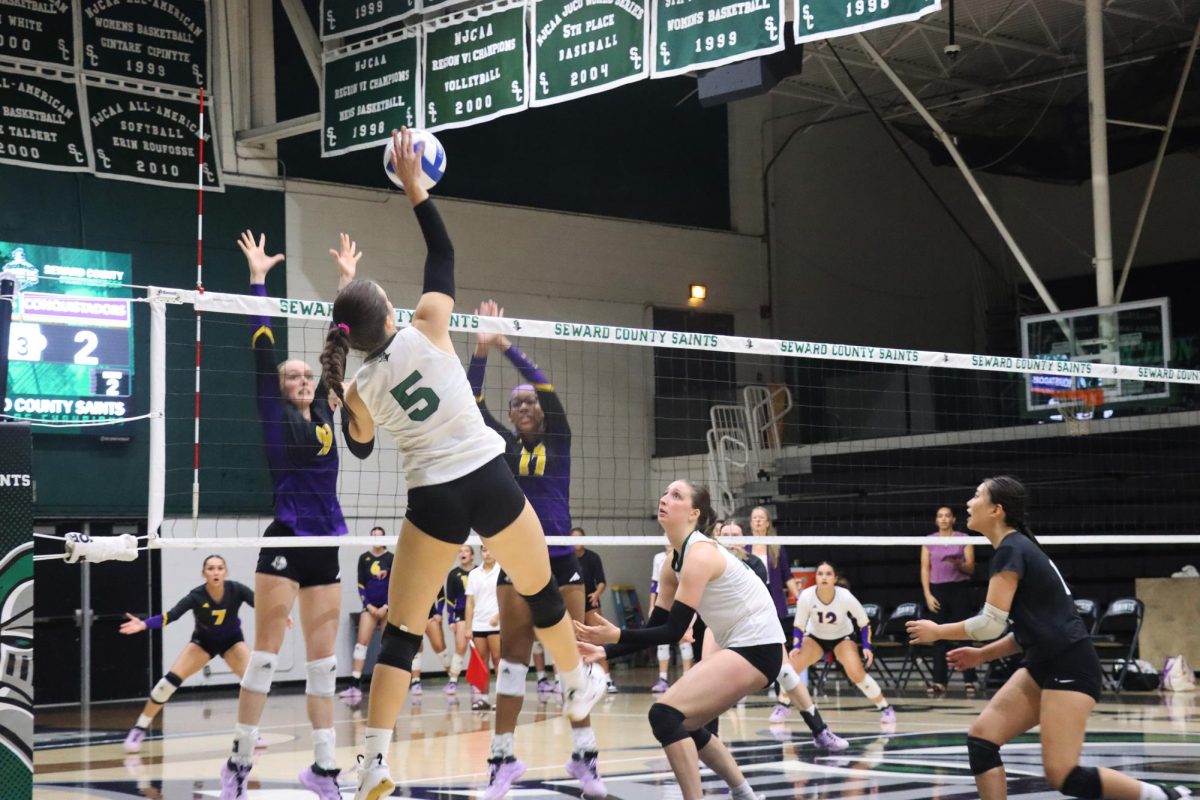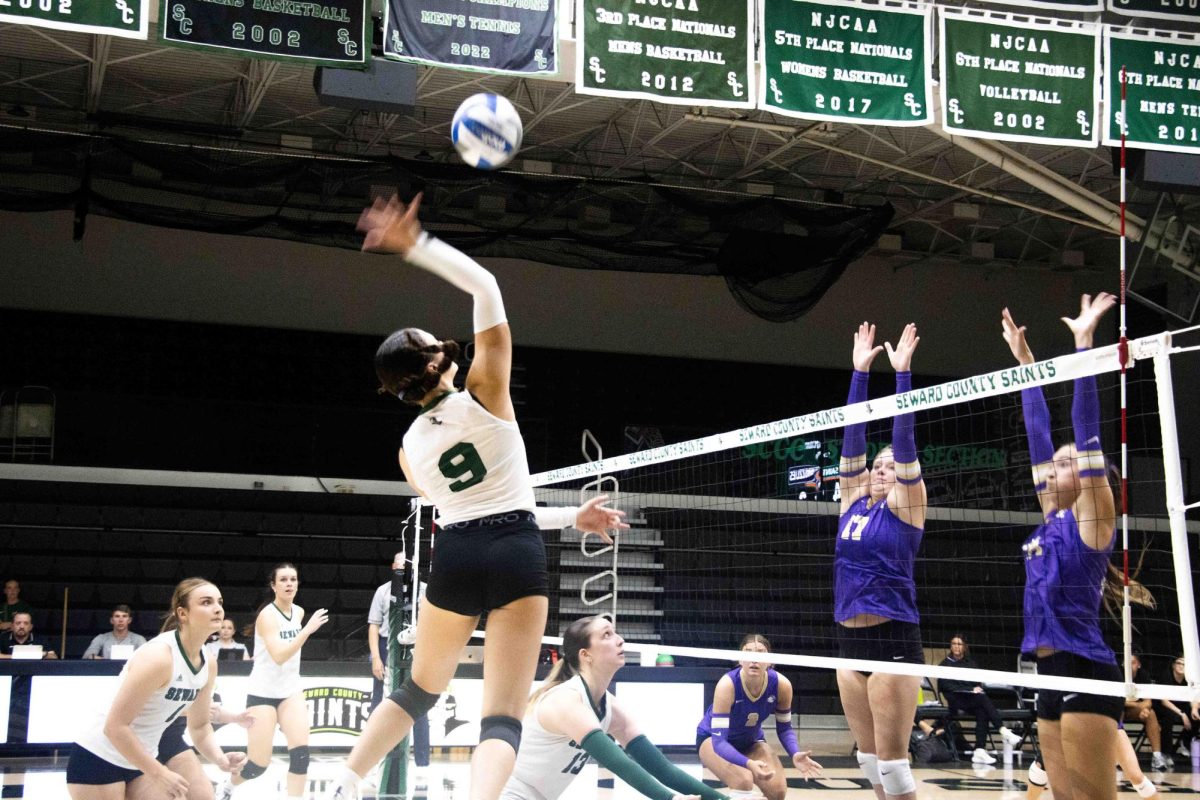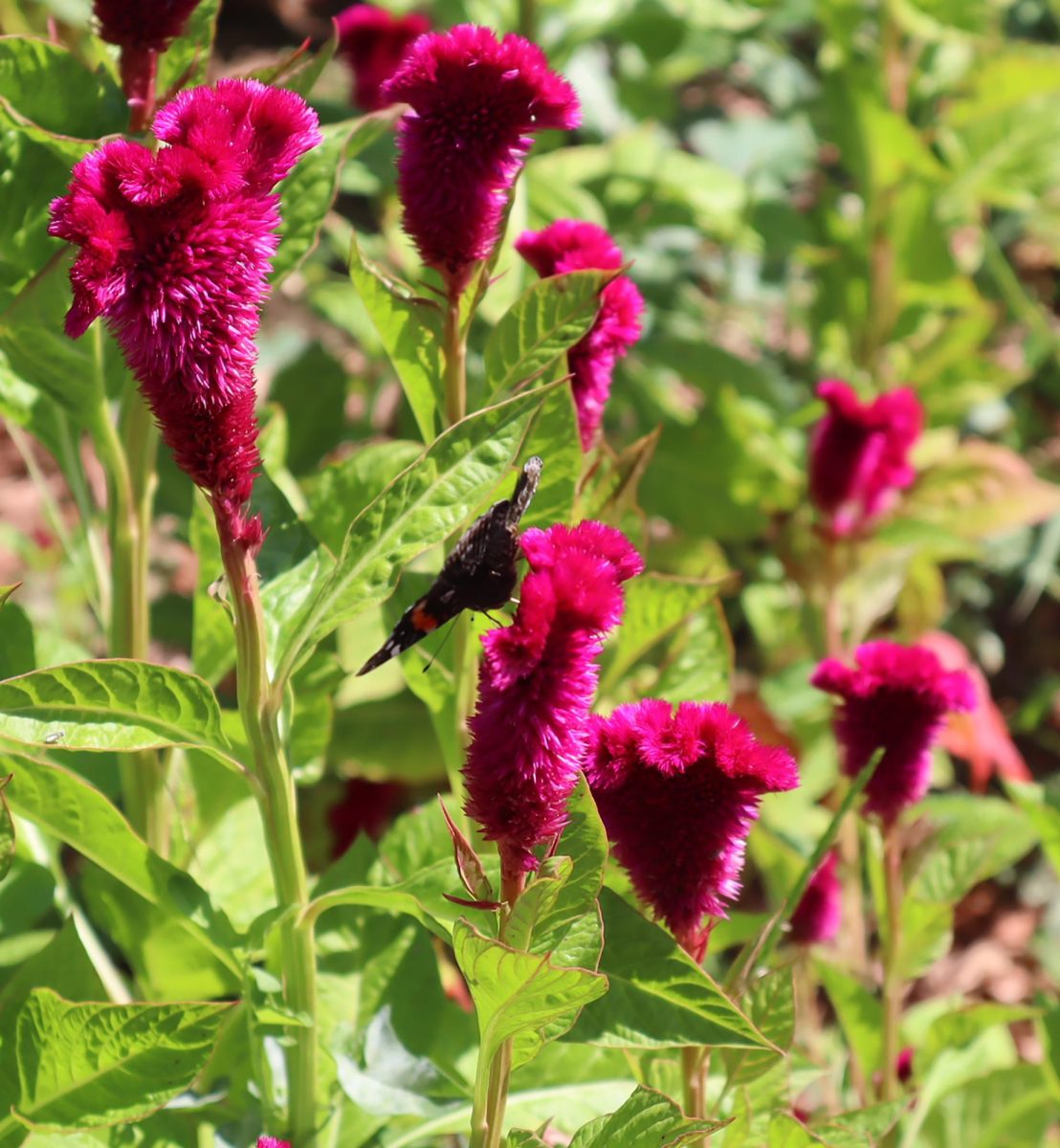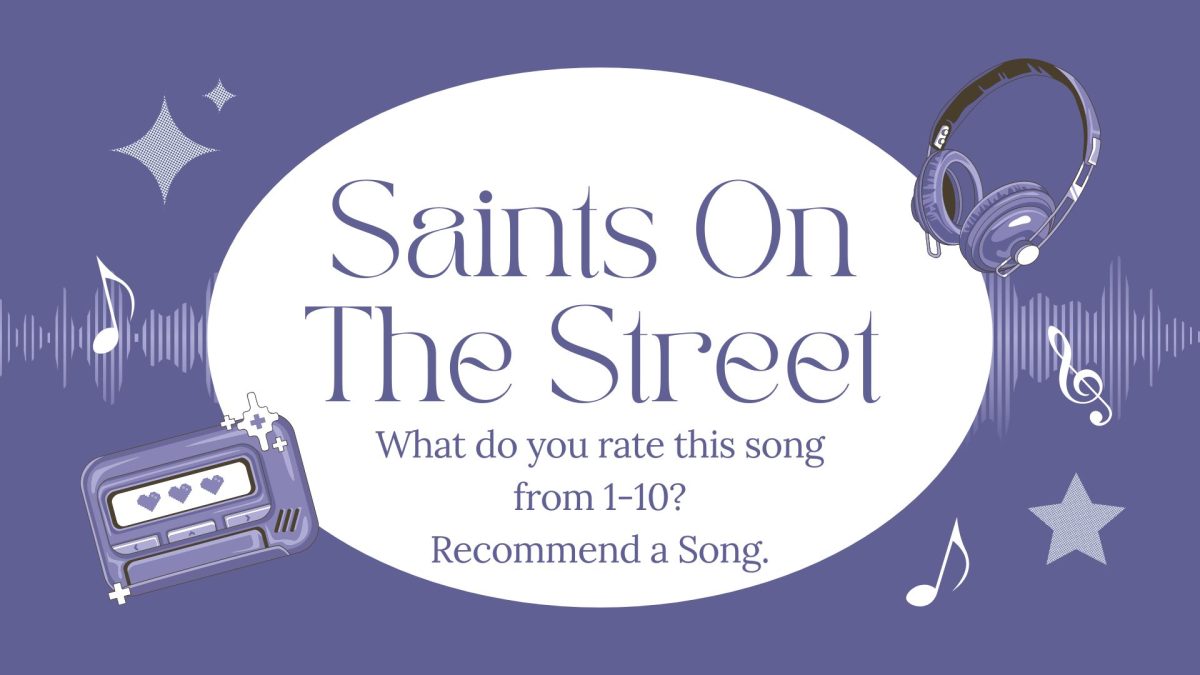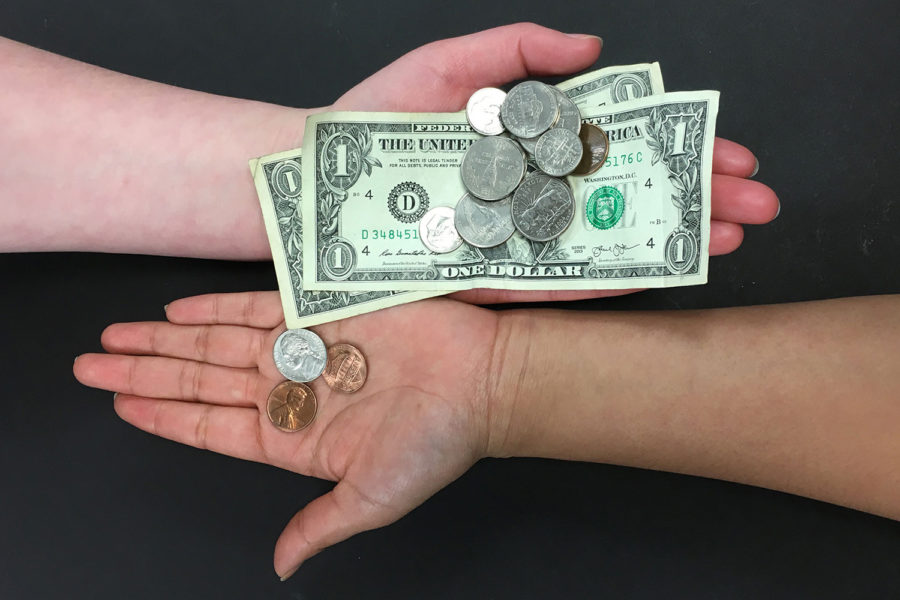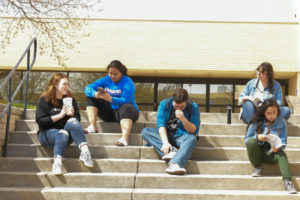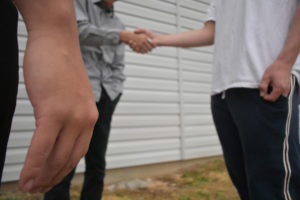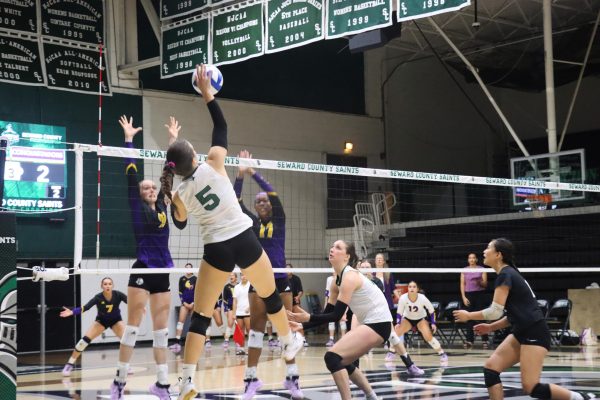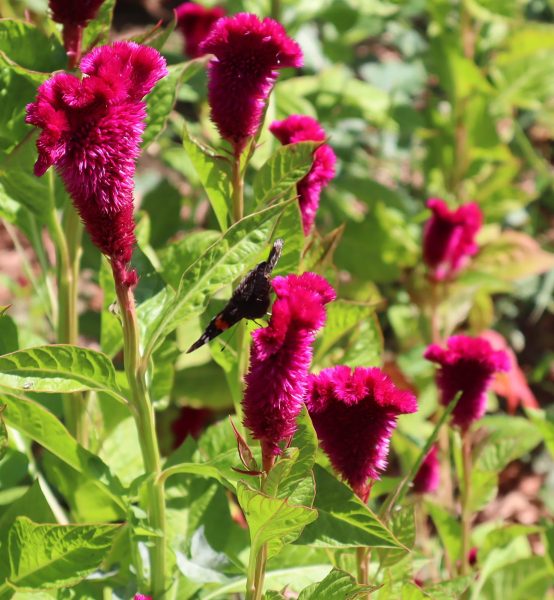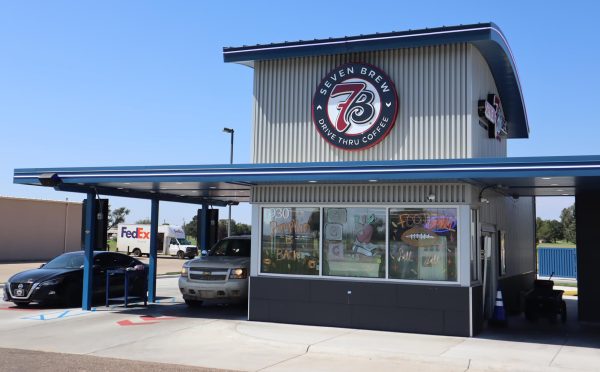Students: White privilege is VERY real
SCCC community voices opinions on the existence of privilege
White privilege is the idea that one possesses inherent advantages in society because of their race. We can see this play out through financial and social statuses but location as well. (Photo Illustration)
For many, it’s no secret that some forms of racial discrimination are more obvious than others. Whether it comes in the form of a slur, a hate crime, or a prejudiced political policy, the vast majority of people immediately recognize and rebuke the most evident manifestations of racism within our society.
However, racism isn’t always that perceptible; in fact, subtle forms of discrimination may go unnoticed by most people.

In recent years, the concept of white privilege–the idea that white people are bestowed with an inherent, unfair social advantage based solely upon their race–has become a hot topic among activists everywhere. Still, there are people who doubt the validity of the concern surrounding privilege.
While some seem to believe that white privilege is too subtle a phenomenon to really matter, others claim that it continues to impact minority groups today.
Impact
“White privilege is real, 100%,” Keelin Lahita, sophomore English major from Liberal, said. “We, as white people, have always had the advantage, sadly. The culture has changed, of course, but you still see a white person and think of education, wealth or opportunity–that hasn’t changed.”
Lahita recalled a specific time in her life when she realized that her race alone had afforded her certain privileges.
“When I was in New York City, I went to some high-end stores like Prada. The instant that you go in, you’re treated with respect and attention if you’re white, especially if you’re older,” Lahita said. “I didn’t see people of other races being treated with that same interest.”
Marlene Roberts, a sophomore criminal justice major from Liberal, has had similar experiences regarding the concept of white privilege.
“I know that white privilege exists because I’ve seen it,” Roberts said. “When I worked in the medical field, my boss told all of us that he was going to hire a white receptionist because it would be better for business. Someone might’ve lost that job just because they weren’t the right color.”
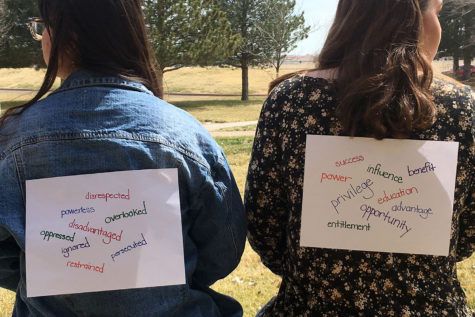
For some people, having white privilege means that one may have benefits that others do not receive because of the color of their skin. For some people, it can mean that white people are handed things to them rather than having to work for a position in society where they are respected.
Although instances like these might seem like small, trivial examples of discrimination in comparison to other kinds, those that witnessed them firsthand feel that privilege, no matter how subtle, has the potential to impact people negatively if unchecked.
“It might not seem like a huge deal, but I think that people need to be considerate regardless. On a job application, my name itself could give me the advantage over someone with a name that employers associate with another race, and that’s unfair,” Lahita said.
Roberts expressed worry over the idea that subtle privileges might give way to more extreme forms of racism in the future.
“It brings racism into a gray area,” Roberts said. “People don’t see it as racism because nobody is getting hurt or being called a name or any of that, but it’s still racism. I’m black–I can see it. But, not everyone understands.”
Another worry would be that disregarding things that may seem trivial to those who don’t realize that such issues exist, can actually cause more harm to people than good.
“The more comfortable we get with the less crazy stuff, the easier it is to overlook worse kinds of discrimination,” added Roberts.
Nevertheless, others believe that, although it still exists, the effects of white privilege are significantly less impactful than they used to be.
“There still exists a privilege due to the past, but it’s been lessened over time due to minority exclusive opportunities,” Karlo Flores, a sophomore pre-pharmacy major from Liberal, said. “In terms of education, minority scholarships have bolstered representation in college campuses and the like.”
Beauty standards
Although Flores expressed the idea that some of the effects of white privilege have been mitigated by social reform, he also recognized that many people are still affected by privilege in a major way.
Give your opinion by clicking on the photo to vote in the SCCC poll.
“In the Philippines, there’s an obsession with America–specifically white America,” Flores said. “People buy products to make their skin whiter. Having dark skin is not seen as a good thing.”
While people tend to disagree with each other over the intensity and prevalence of white privilege in our society, many still agree that it exists in some form or another. They also agree that, fortunately, Liberal seems to, at least to some extent, be less susceptible to it than other places are.
“Thankfully, we don’t see white privilege happening as much here in Liberal. If you go somewhere else, though, you see it everywhere,” Lahita said.
Likewise, Roberts has claimed this to be true, through her own personal experiences.
“I’ve lived in Texas, Minnesota, Colorado and Kentucky,” Roberts said. “I’ve noticed that discrimination happened way more in those places than it does here.”
Flores, who claims to have had zero experience with instances of discrimination in Liberal, had a theory about why white privilege might be less common here.
“I think that the large minority population in Liberals helps,” Flores said.
However, a lack of discrimination in Liberal doesn’t necessarily mean that residents should stop being mindful of the privileges that they might possess–especially if those privileges give them an unfair advantage.
“People might prefer to ignore their privilege, but the best way to get rid of it completely is to point it out. We have to talk about it if we want it to stop happening,” said Roberts.
Whether you think that white privilege still affects people today or not, those that want to help combat the impact of discrimination–whether it be subtle or extreme–absolutely can. After all, according to Roberts, sometimes all it takes is a little bit of conversation.

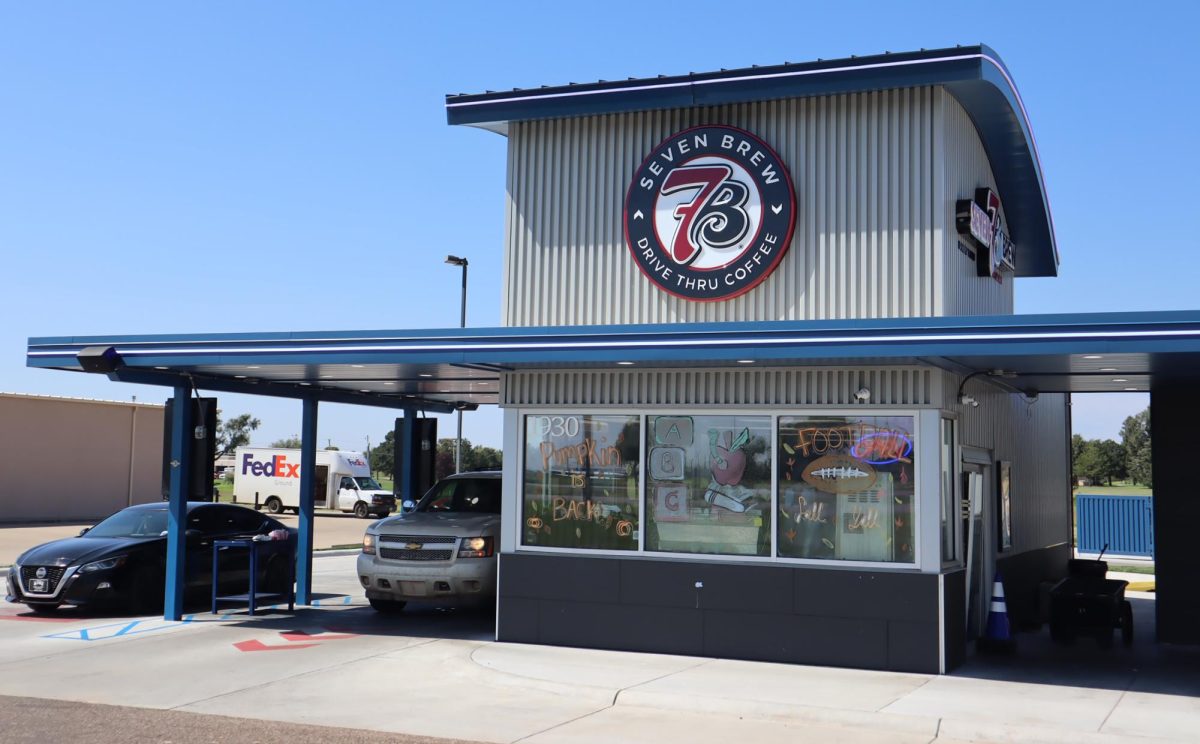
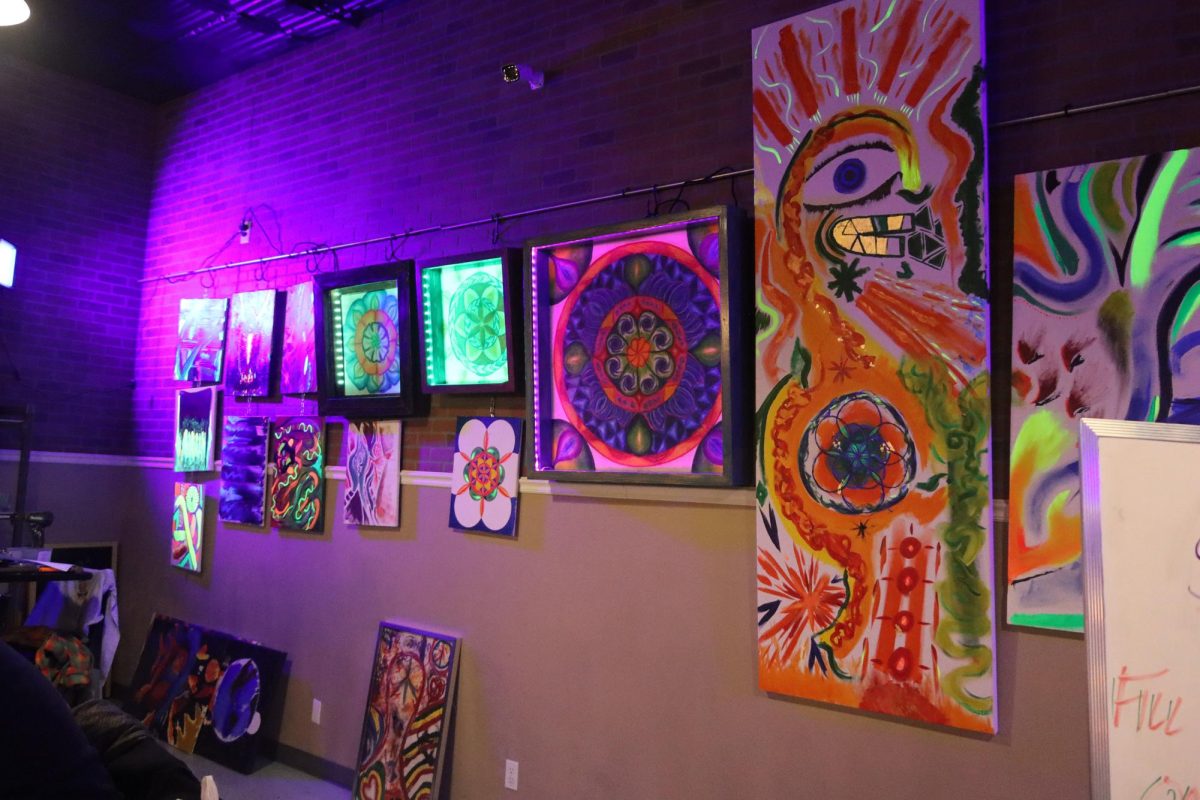

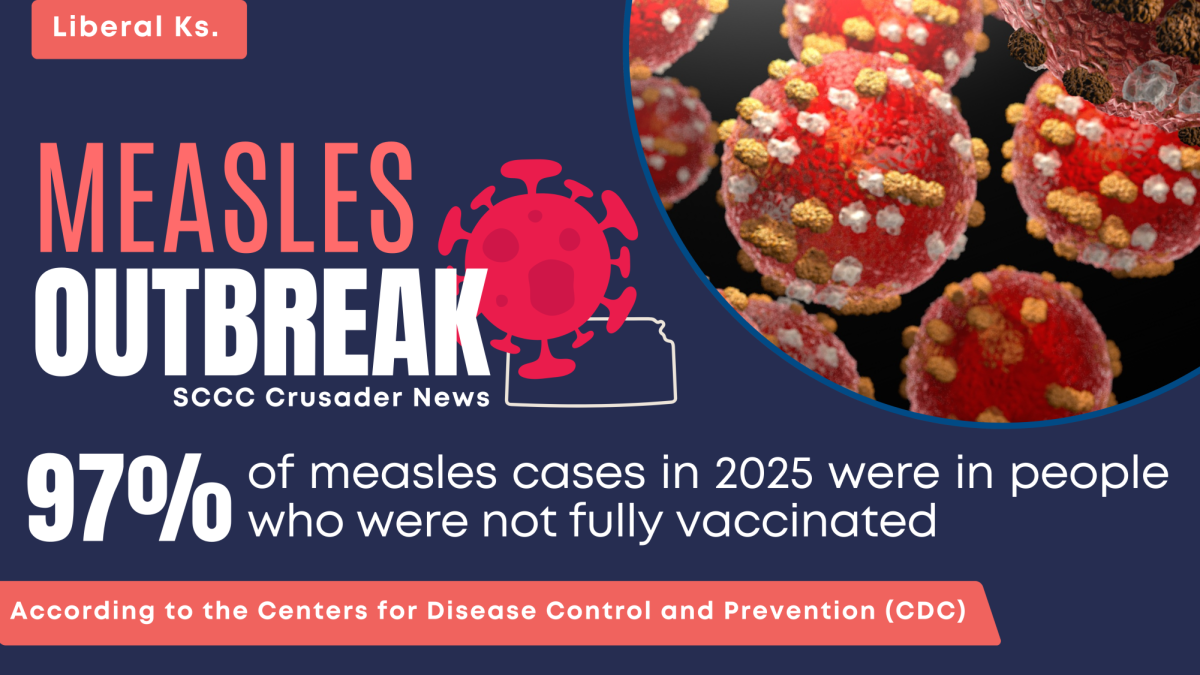
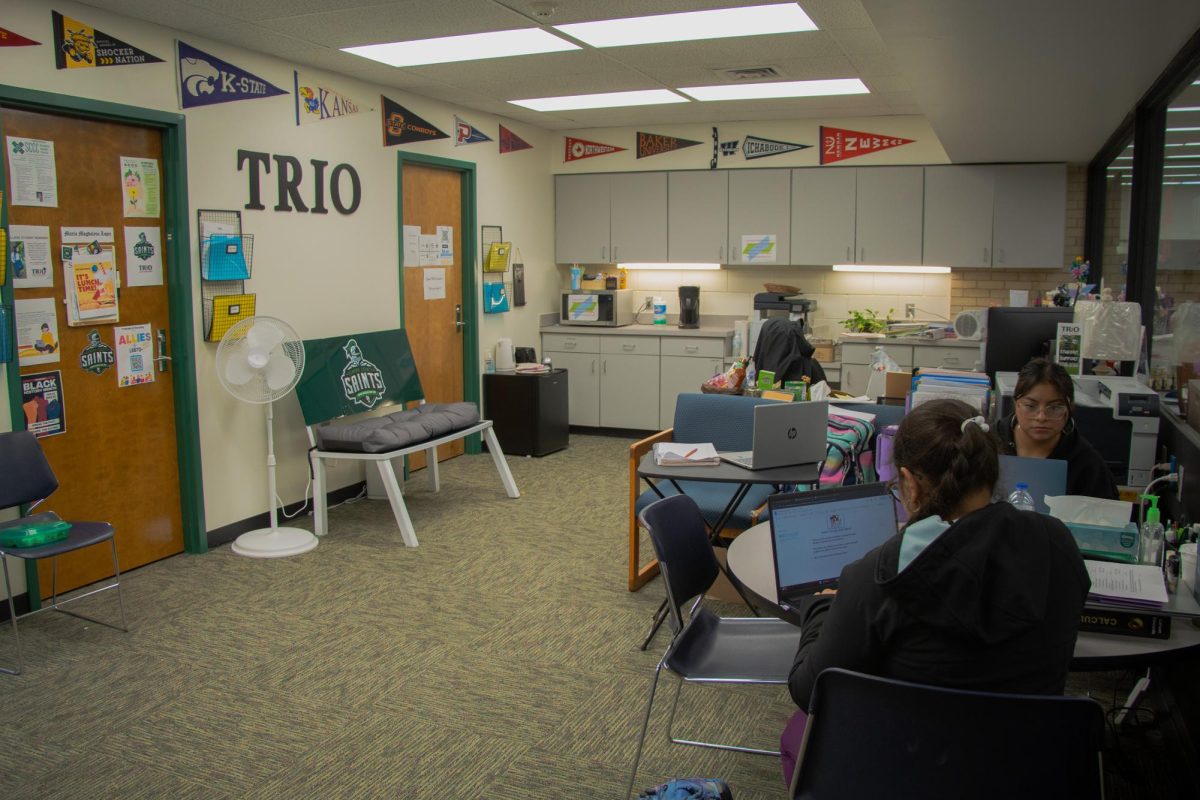








![The sophomores were recognized on the field instead of walking across the stage during their doubleheader. They received their diplomas and a picture of themselves playing during their career at Seward. [Pictured left to right are Dylan Day, Reed Thomas, Jase Schneider, Mason Martinez, Gannon Hardin, Brody Boisvert, and Zach Walker]](https://crusadernews.com/wp-content/uploads/2022/05/WEBDSC_0275-900x454.jpg)
